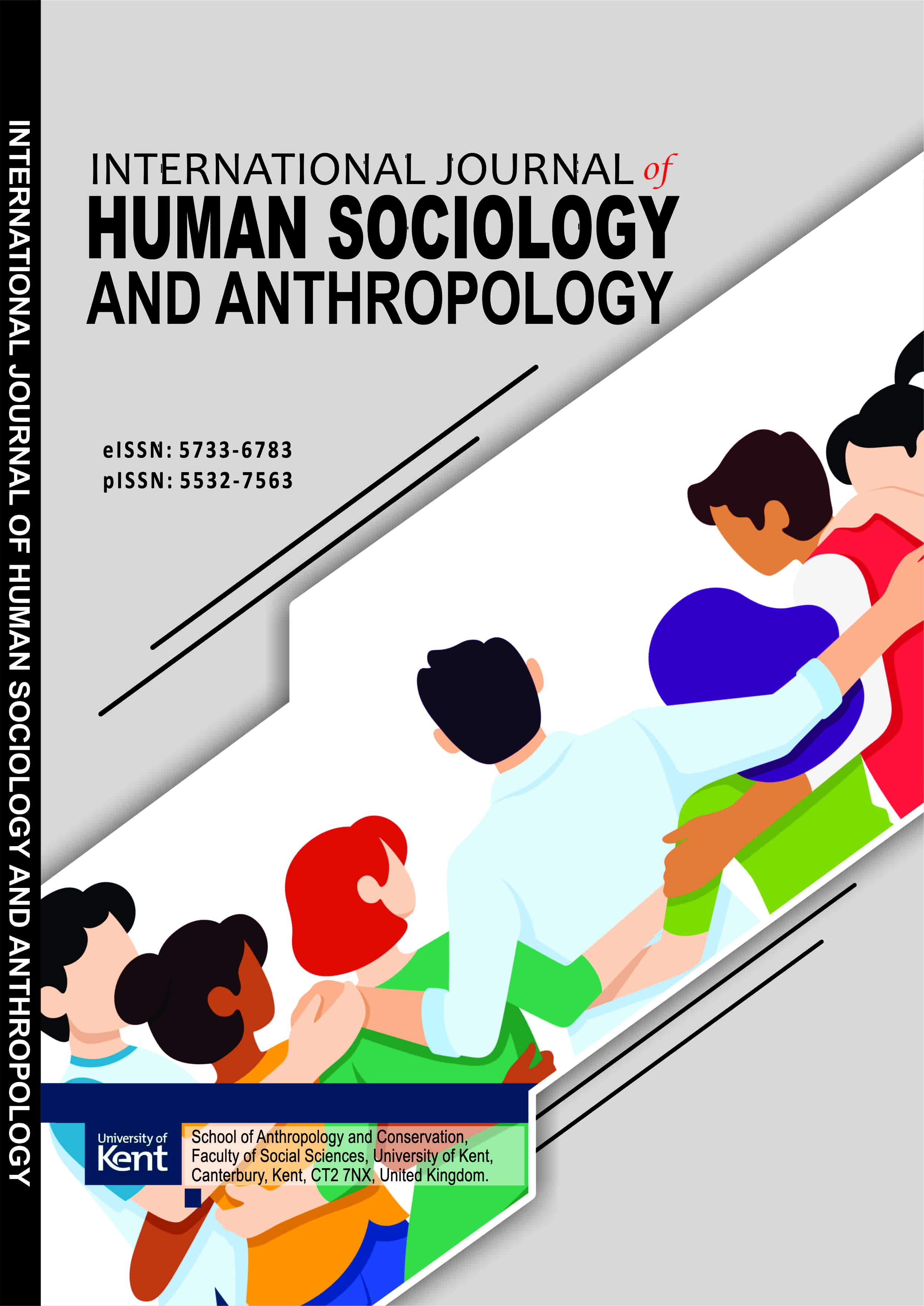INTERNATIONAL JOURNAL FOR HUMAN SOCIOLOGY AND ANTHROPOLOGY (IJHSA)
THE UPS AND DOWNS OF NAHDLATUL ULAMA RELATIONS WITH THE GOVERNMENT OF THE DUTCH EAST INDIES 1926- 1942
E-ISSN: 5733-6783
P-ISSN: 5532-7563
DOI: https://iigdpublishers.com/journals/156
Nahdlatul Ulama as the largest community organization in Indonesia and has been established for a long time has experienced various ups and downs in each of its journeys. The purpose of this study is to describe and analyze the Ups and Downs of Nahdlatul Ulama's Relationship with the Dutch East Indies Government 1926-1942. This research is a literature study, where the sources of penetilitin come from old texts in the regions and Jakarta, sources in the regions rely more on the private collections of some kyai over the literature related to this research. Tracing sources located in Jakarta include the National Archives, the National Library, and LAKPESDAM NU. The stage of this research is the collection of information from all sources, criticisms and interpretations. The process of collecting information from the whole source (heuristics), selection of materials, criticism and subsequent interpretation is needed to carry out historical synthesis. Historical synthesis is the embodiment of the ability to think logically and the ability of a historian's historical imagination so that the characteristics of a certain model of historical work are visible. The results of this study show that there was a ups and downs in the relationship between Nahdlatul Ulama and the Dutch East Indies government, when the Dutch East Indies government implemented a Neutral Religion policy among traditionalist Islamists, there was not too much friction with the Dutch East Indies government because the government guaranteed that there was no interference in Islamic religious affairs, even the government formed a Raad Agama (Religious Court) and was led by a religious and expert ruler. Islam. Protests, non-cooperative resistance with the Dutch East Indies government began to be carried out by Nahdlatul Ulama when the practice of religiously neutral politics was violated by the government by making various ordinances that harmed Muslims. However, several times Nahdlatul Ulama still praised the muji of the Dutch East Indies government because several HBNO requests were granted by the government, such as the non-enactment of the rules for brides- to-be to be examined in Raad Agama, and the non- imposition of duties on the slaughter of sacrificial animals. However, at the end of the Dutch East Indies government, Nahdlatul Ulama really felt pro- Japanese.
Kholid Mawardi
Al-Mawardi, al-Ahkam as-Sulthaniyyah fi al-Wilaayyah ad-Diniyyah, Daar el- Kitab al.
Araby, Beirut, tt. (2000). Achmad, Nur, dan Pramono U. Tanthowi. Muhammadiyah “Digugat”: Reposisi di Tengah Indonesia Yang Berubah, (Jakarta: Kompas, 2000). Jakarta: Kompas.
Achdiat K. Mihardja. (2008). Polemik Kebudayaan. Jakarta: BP.
Ali Haidar, (1994). Nahdlatul Ulama dan Islam di Ineonesia : Pendekatan Fikih dalam Poltik, Gramedia, Jakarta.
Algadri, Hamid. C. (1984). Snouck Hurgronje Politik Belanda terhadap Islam dan Keturunan Arab. Jakarta: SH.
Muchit Muzadi. (1995). NU dan Fiqh Kontekstual. LKPSM: Yogyakarta.
